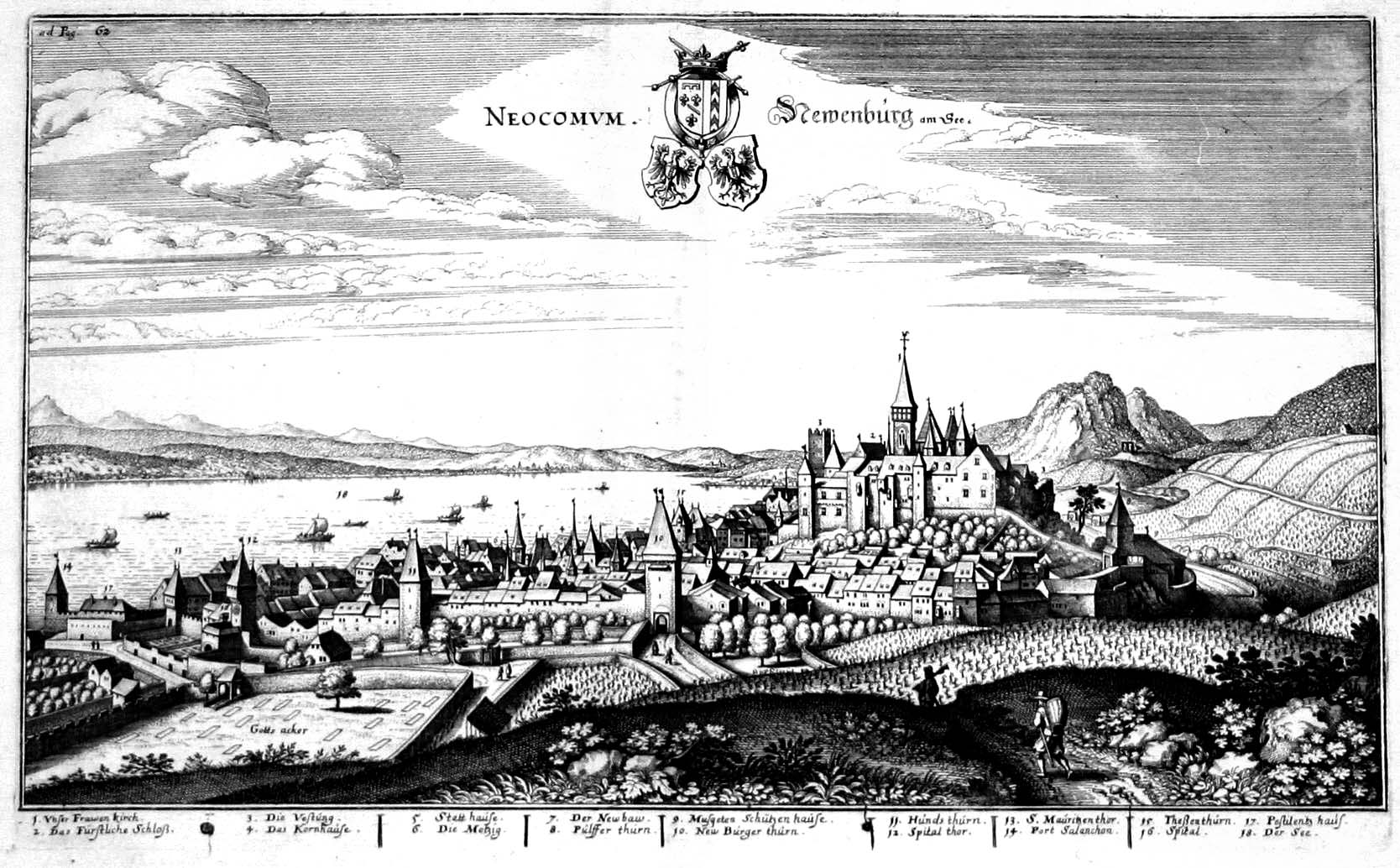|
John Francis William, 6th Count De Salis-Soglio
John Francis William de Salis, 6th Count de Salis (25 August 1825 – 7 August 1871) was a British diplomat that held the title of Count de Salis-Soglio. Life He was the eldest son of Count Peter John de Salis by his second wife Cecile Henrietta Marguerite, daughter of David Bourgeoise of Neuchâtel. After some education in London (Harrow) he was an attaché in Turin (October 1845-December 1849). Lived at Hillingdon. He was a JP for Middlesex. In 1860 he was commissioned into the 24th Middlesex Volunteer Rifle Corps. He was promoted lieutenant later that year and captain in 1861. A renowned numismatist, he is recorded on a large board as one of the British Museum's major benefactors. John Warren, 3rd Baron De Tabley was a first cousin, and William Fane De Salis an uncle. He married (Iver, 1 February 1862) Amelia Frances Harriet, daughter of Christopher Tower, JP DL MP, of Huntsmoor Park, Iver and Weald Hall, Essex, by his wife Lady Sophia Cust, eldest daughter of the ... [...More Info...] [...Related Items...] OR: [Wikipedia] [Google] [Baidu] [Amazon] |
Neuchâtel
Neuchâtel (, ; ; ) is a list of towns in Switzerland, town, a Municipalities of Switzerland, municipality, and the capital (political), capital of the cantons of Switzerland, Swiss canton of Neuchâtel (canton), Neuchâtel on Lake Neuchâtel. Since the fusion in 2021 of the municipalities of Neuchâtel, Corcelles-Cormondrèche, Peseux, Neuchâtel, Peseux, and Valangin, the city has approximately 33,000 inhabitants (80,000 in the metropolitan area). The city is sometimes referred to historically by the German name ; both the French and German names mean "New Castle". The castle after which the city is named was built by Rudolph III of Burgundy and completed in 1011. Originally part of the Kingdom of Burgundy, the city was absorbed into the Holy Roman Empire in 1033. The domain of the counts of Neuchatel was first referred to as a city in 1214. The city came under Prussian control from 1707 until 1848, with an interruption during the Napoleonic Wars from 1806 to 1814. In 1848, ... [...More Info...] [...Related Items...] OR: [Wikipedia] [Google] [Baidu] [Amazon] |
Earl Brownlow
Baron Brownlow, of Belton in the County of Lincoln, is a title in the Peerage of Great Britain. It was created in 1776 for Sir Brownlow Cust, 4th Baronet. The Cust family descends from Richard Cust (1622–1700) of The Black Friars, Stamford, who represented Lincolnshire and Stamford in Parliament. In 1677 he was created a baronet, "of Stamford in the County of Lincoln". He was succeeded by his grandson Richard Cust, 2nd Baronet, who married Anne Brownlow, daughter of Sir William Brownlow, 4th Baronet, "of Humby", Lincolnshire, and sister and sole heiress of John Brownlow, 1st Viscount Tyrconnel, 5th Baronet of Belton House, Lincolnshire. The 2nd Baronet's son Sir John Cust, 3rd Baronet, sat as a member of parliament for Grantham and served as Speaker of the House of Commons from 1761 to 1770 and in 1754 inherited the Brownlow estates, including Belton, on the death of his childless maternal uncle Viscount Tyrconnel. His son Brownlow Cust, 4th Baronet, represented Ilches ... [...More Info...] [...Related Items...] OR: [Wikipedia] [Google] [Baidu] [Amazon] |
People Educated At Harrow School
The term "the people" refers to the public or common mass of people of a polity. As such it is a concept of human rights law, international law as well as constitutional law, particularly used for claims of popular sovereignty. In contrast, a people is any plurality of persons considered as a whole. Used in politics and law, the term "a people" refers to the collective or community of an ethnic group or nation. Concepts Legal Chapter One, Article One of the Charter of the United Nations states that "peoples" have the right to self-determination. Though the mere status as peoples and the right to self-determination, as for example in the case of Indigenous peoples (''peoples'', as in all groups of indigenous people, not merely all indigenous persons as in ''indigenous people''), does not automatically provide for independent sovereignty and therefore secession. Indeed, judge Ivor Jennings identified the inherent problems in the right of "peoples" to self-determination, as i ... [...More Info...] [...Related Items...] OR: [Wikipedia] [Google] [Baidu] [Amazon] |
